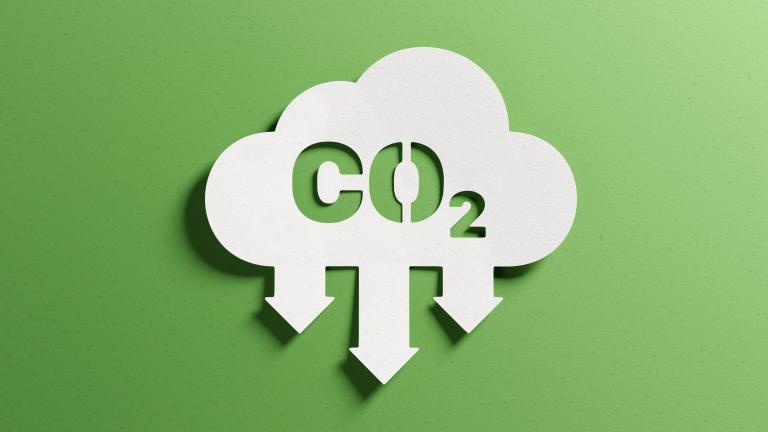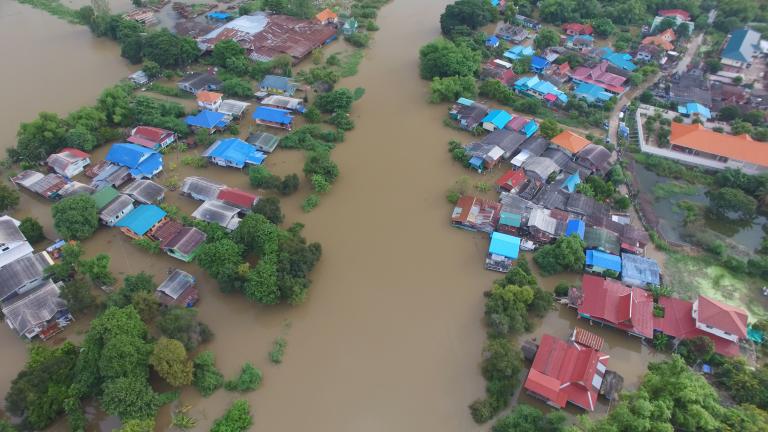
Research in the Economic Frontiers program within both research groups concerns the impacts of climate change and the consequent transition processes. While the EELC research group focuses on the varying impacts on the heterogeneous population, the EDC group concentrates on the disruptive and general economic aspects of climate change.

Control of polluting emissions
The control of polluting emissions is an perpetual question in the literature of environmental economics. Different economic settings require different tools and strategies to efficiently keep pollution under control. Stefan Wrzaczek together with international colleagues analyses these strategies within two different settings: (i) Management of the tragedy of commons and polluting emissions through taxation in different market settings. (ii) Pollution control under catastrophic climate change as a differential game.

Regional energy transitions
Deep decarbonization of energy systems is a key step to restrict the global temperature rise to “well below 2 °C”. Majority of global net-zero emission scenarios emphasize on the large-scale deployment of Carbon dioxide removal (CDR) technologies like bioenergy with carbon capture and storage (BECCS) to meet the global climate goals.

Modelling household behaviour in the face of disaster risk
Their have been numerous empirical studies on the specific household characteristics correlated with the different components of disaster risk, i.e. exposure and vulnerability. In cooperation with colleagues from POPJUS and the TU Wien, Michael Freiberger establishes a dynamic household model, which explains the behavior with respect to the risk of natural disasters based on their inherent preferences. This theoretical model is essential for the realistic assessment of policy interventions, as it allows for a projection of intrinsically motivated reactions of households to potential policy interventions.

Analytically investigating and extending IAMs
Integrated Assessment Models (IAMs) attempt to capture and describe the interactions of (i) human behaviour, (ii) economic activity, and (iii) and climate dynamics and impacts. However, IAMs are often treated as some sort of black-box when calculating solutions. Researchers of the Economic Frontiers Program try to investigate established IAMs from an analytical perspective and generate new insight and illuminate the black-boxes.
All theme related publications
Patange, O. , Purohit, P. , Avashia, V., Klimont, Z. , & Garg, A. (2024). Mitigation of non-CO2 greenhouse gases from Indian agriculture sector. Environmental Research Letters 19 e074020. 10.1088/1748-9326/ad4e4e.
Freiberger, M., Hoffmann, R., & Fürnkranz-Prskawetz, A. (2024). Should I stay or should I go: Modelling disaster risk behaviour using a dynamic household level approach. IIASA Working Paper. Laxenburg, Austria: WP-24-010
Muttoni, M. (2022). How to prepare for and adapt to a climate tipping point. IIASA YSSP Report. Laxenburg, Austria: IIASA
Patange, O. , Garg, A., & Jayaswal, S. (2022). An integrated bottom-up optimization to investigate the role of BECCS in transitioning towards a net-zero energy system: A case study from Gujarat, India. Energy 255 e124508. 10.1016/j.energy.2022.124508.
Feichtinger, G., Lambertini, L., Leitmann, G., & Wrzaczek, S. (2022). Managing the tragedy of commons and polluting emissions: a unified view. European Journal of Operational Research 303 (1) 487-499. 10.1016/j.ejor.2022.02.034.
Wrzaczek, S. (2021). An OLG Differential Game of Pollution Control with the Risk of a Catastrophic Climate Change. International Game Theory Review 23 (4) e2250002. 10.1142/S0219198922500025.



